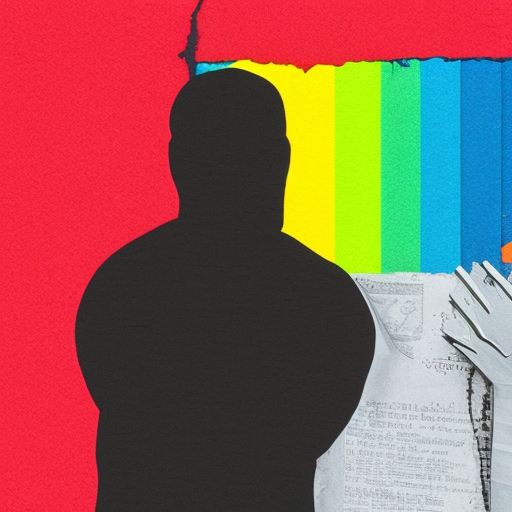One-line Summary:
Do the Right Thing (1989) by Spike Lee
In the sweltering heat of a Brooklyn neighborhood, tensions rise and racial tensions come to a boiling point on the hottest day of the year.
Main Cast and Crew:
- Director: Spike Lee
- Writer: Spike Lee
- Main Actors: Danny Aiello as Sal, Ossie Davis as Da Mayor, Ruby Dee as Mother Sister, Giancarlo Esposito as Buggin’ Out, Spike Lee as Mookie, Bill Nunn as Radio Raheem, John Turturro as Pino, Rosie Perez as Tina
- Music Director: Bill Lee
- Director of Photography: Ernest Dickerson
- Producers: Spike Lee, Jon Kilik
Plot:
Set in the Bedford-Stuyvesant neighborhood of Brooklyn, “Do the Right Thing” explores the racial tensions that simmer beneath the surface on a scorching summer day. The film primarily revolves around Mookie, a young black man who works as a delivery driver for Sal’s Famous Pizzeria, owned by Sal and his two sons, Pino and Vito.
As the day progresses, the neighborhood becomes a melting pot of diverse characters, each with their own prejudices and frustrations. Buggin’ Out, a local activist, confronts Sal about the lack of black faces on the pizzeria’s “Wall of Fame,” sparking a heated argument. Meanwhile, Radio Raheem, a towering black man, enters the pizzeria with his booming boombox, which Sal demands he turn off. This leads to a violent confrontation between Sal and Radio Raheem, resulting in the police choking Radio Raheem to death.
The neighborhood erupts in chaos, with furious residents taking to the streets, looting Sal’s pizzeria, and setting it on fire. Mookie, torn between his loyalty to Sal and his community, throws a garbage can through the pizzeria’s window, igniting the riot. The film concludes with two contrasting quotes: one from Martin Luther King Jr. advocating nonviolence and another from Malcolm X emphasizing self-defense.
Themes and Motifs:
“Do the Right Thing” explores themes of racial tension, prejudice, and the complexities of community dynamics. Spike Lee delves into the nuances of racism, highlighting how it permeates every aspect of society, from interpersonal relationships to institutional structures. The film also delves into the power dynamics between different racial groups and the consequences of unchecked anger and violence.
Lee employs various motifs throughout the film, such as the scorching heat, which serves as a metaphor for the rising tensions. The color red is also prominent, symbolizing both love and anger. Additionally, the film incorporates music as a unifying force, with a vibrant soundtrack that blends various genres.
Reception and Legacy:
“Do the Right Thing” was met with critical acclaim upon its release. It was praised for its bold and unflinching portrayal of racial tensions, its powerful performances, and its thought-provoking storytelling. The film received numerous accolades, including nominations for Best Original Screenplay at the Academy Awards and the Palme d’Or at the Cannes Film Festival.
The movie’s impact on cinema and popular culture is undeniable. It sparked conversations about race and representation in film and became a touchstone for discussions on social justice. “Do the Right Thing” continues to be studied in film schools and remains a powerful and relevant exploration of racial dynamics in America.
Recommendation:
“Do the Right Thing” is a must-watch film that tackles important social issues with raw honesty and artistic flair. Spike Lee’s masterful direction, compelling performances, and thought-provoking themes make it a timeless classic that demands attention. It serves as a reminder of the importance of empathy, understanding, and the need to confront systemic racism.
Memorable Quote:
“Violence as a way of achieving racial justice is both impractical and immoral. It is impractical because it is a descending spiral ending in destruction for all. The old law of an eye for an eye leaves everybody blind. It is immoral because it seeks to humiliate the opponent rather than win his understanding; it seeks to annihilate rather than to convert. Violence is immoral because it thrives on hatred rather than love.” – Martin Luther King Jr.












